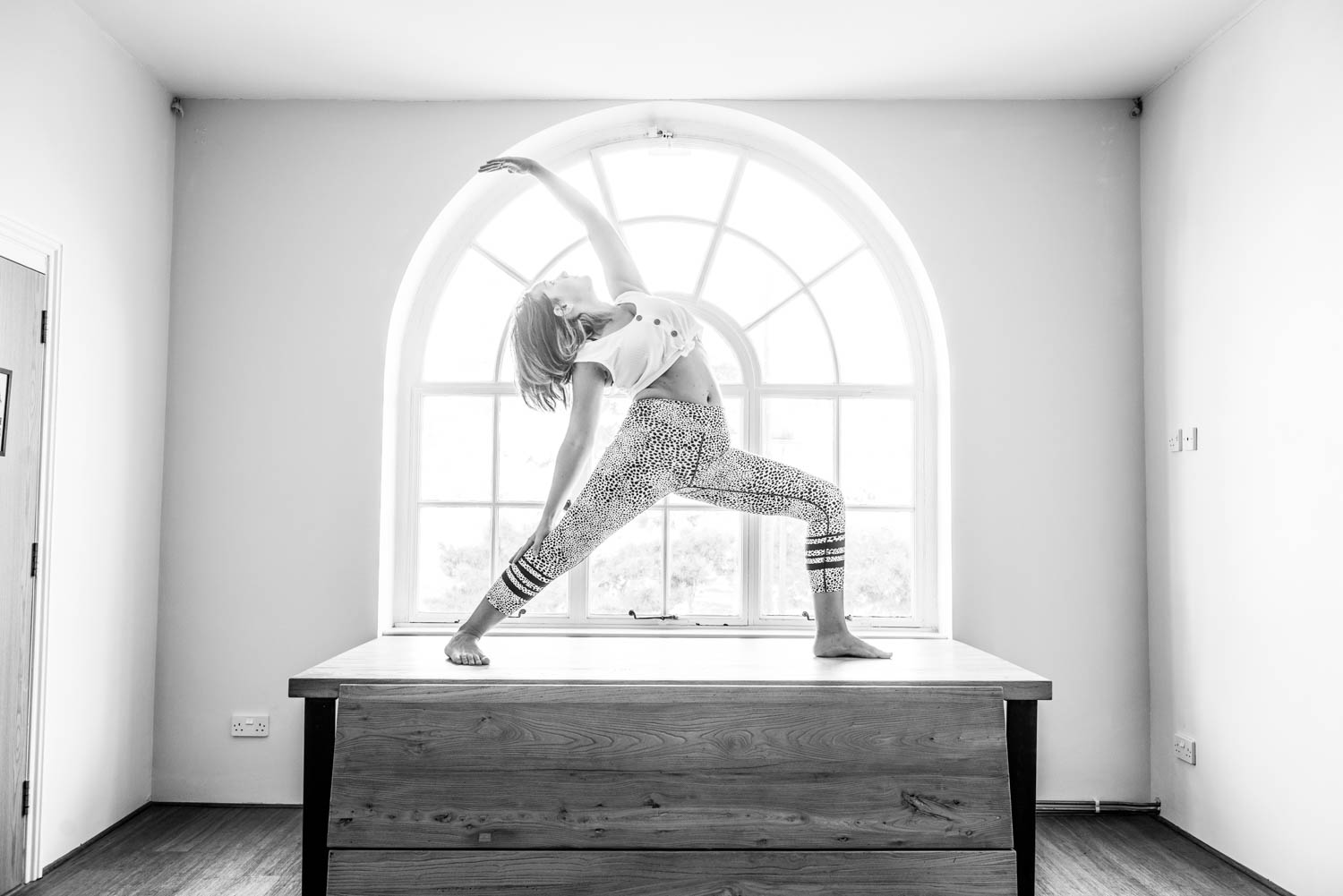“Alone had always felt like an actual place to me, as if it weren’t a state of being, but rather a room where I could retreat to be who I really was.”
Cheryl Strayed, Wild
Being alone with her thoughts is something Cheryl Strayed – author of the international bestselling novel and film, Wild – is extremely familiar with. During her 1100 mile hike of the Pacific Coast Trail, Cheryl wants to find happiness – and more importantly to heal herself from the emotional pain of losing her family and generally losing her way in life – by finding peace through an immersion in nature. Cheryl describes her journey from despair to transcendence with honesty, humour and heart-rending passion, and reminds us that stepping away from the constant chaos of life is absolutely vital for overall wellness and proper self care.
The Sanskrit word ‘duhkha’ refers to the basic dissatisfaction and pain of mundane life. By expecting happiness to come from impermanent objects and experiences, we are unable to find inner peace. A conditioned lack of satisfaction leaves us with a sense that life never quite measures up to our standards or expectations. However, the ancient texts from which Yoga originates state that one can overcome this duhkha through the practice of self-acceptance.
Self-acceptance isn’t easy. Finding inner peace requires us to open up and release into our essential nature, but so often we are taught to base personal acceptance on other people’s viewpoints over our own set of values. In Wild Cheryl wants to find inner peace whilst staying true to her own uniqueness – ‘I had to change,’ she says, ‘not into a different person, but back to the person I used to be’. At the beginning of her journey, Cheryl doesn’t know who she is or what she believes in, but by the end she has accepted her place in life. Even though her physical status doesn’t change, her attitude changes completely. It just goes to show how spending time by yourself can help you find peace through an unadulterated acceptance of who you are at a deeper level.
Practising Yoga postures is, in a way, a form of mindfulness. To perform classical Yoga poses requires you to be present – this increases feelings of calm and concentration as you hold the posture. If you lose your concentration in your asanas you simply bring your attention back to the present, the same as you would during a silent, seated meditation. This development of understanding allows you to overcome some of the unsatisfactoriness of daily life as you begin to observe your body and mind, accepting yourself as you are without any judgements. You may also find the group energy of a Yoga class helps you to feel a sense that you are part of a common state of being.
A mindful practice of Yoga can truly liberate your body, mind and spirit! But in addition to practising asanas, see if you can find a few quiet moments each day to be alone with yourself, daring yourself to switch off from communication with the outside world and notice the reduction of stress and anxiety. Though you may still have feelings of duhkha, the process of accepting yourself as you are brings contentment, awareness and peace from within.
